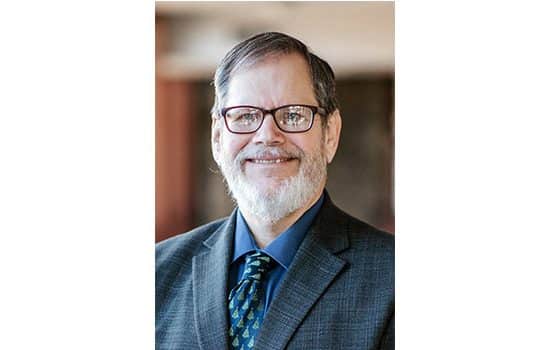
In 2 Kings 2:1-14 we are provided with an example of how working closely with others through the leading of the Holy Spirit can make a season of transition or change bearable and honorable to those experiencing and participating in the change.

Terrell Carter
There are two main protagonists in the passage. Elijah is the prophet that burst onto the religious and political scene in I Kings 17 when he confronted the wicked king Ahab about his multiple sins against God and people. Elisha is a farmer who, while tilling his father’s land in 1 Kings 19, was unceremoniously called as Elijah’s replacement.
Although the author of 1 and 2 Kings does not give us the full details of why Elisha was chosen as Elijah’s successor or how Elijah’s prophetic duties and power would be transferred, we can infer several things about why the transition of the prophetic office from Elijah to Elisha was successful.
First, Elijah and Elisha were in cooperation during the process and entered that process in agreement. Although the events of the chapters occur quickly, both men are aware that something bigger than themselves was occurring. Neither person viewed the other as a threat.
Second, the transition of leadership authority was verified by others while they traveled. At each location that Elijah and Elisha stopped at, multiple prophets from the area came out and verified what was about to happen. We aren’t told how these prophets knew what was occurring, but they somehow knew what was going on. Other people could see what was going on and that God’s hand was within the process.

Photo by Braden Collum on Unsplash
Third, there was a clear transition between the end of Elijah’s leadership and the beginning of Elisha’s. That transition was evidenced through the arrival of the fiery transportation that picked up Elijah. There was no way to mistake that Elijah was gone and that his work had been completed. Elisha was free to live into the new responsibilities that God had in store for him.
Finally, there was a confirmation of the work Elisha was going to do. Before Elijah transitioned, Elisha requested that if he really was going to be able to follow in Elijah’s footsteps, he would need a double portion of Elijah’s spirit.
In that request, Elisha was not simply asking for double the amount of miracle-working power that Elijah had. Instead, he was asking to be recognized as the inheritor of Elijah’s prophetic legacy. This had previously been done for Elijah without him asking for it, through the fact that Elijah performed many of the same miracles that Moses and Joshua previously performed. Eventually, Elisha was verified as Elijah’s successor because he performed the same miracles Elijah performed at the beginning of his prophetic career.
My prayer for all of us who are experiencing transition is that we would welcome the Spirit’s leading as we seek to navigate both these simultaneously exciting and scary periods of life.



